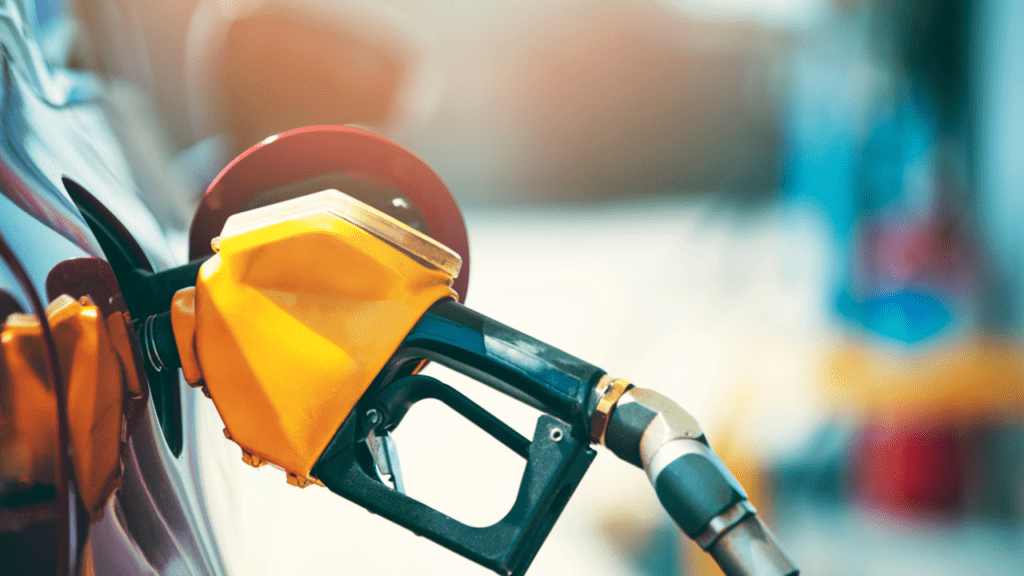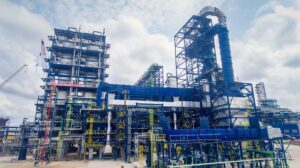The National Institute for Policy and Strategic Studies (NIPSS) has assured Nigerians that petrol prices will drop significantly as local refining capacity increases. Speaking on Channels Television’s The Morning Brief, NIPSS Director-General Ayo Omotayo stated that with the Dangote Refinery and other refineries coming online, fuel costs could fall to ₦750 per litre before the end of 2025.
“With the removal of the fuel subsidy, we have Dangote Refinery coming on. We have the other refineries. The Port Harcourt Refinery has worked continuously for 110 days,” Omotayo said.
Current Petrol Prices and Market Impact
Since President Bola Tinubu removed the fuel subsidy, petrol prices have skyrocketed from under ₦200 per litre to around ₦930 per litre, depending on location. However, Omotayo believes that fuel prices will naturally decline as local refining increases and foreign exchange stabilizes.
“We predict that fuel will drop to about ₦750 per litre before the end of the year. The naira will also stabilize around ₦1,300 per dollar as refineries become fully operational,” he stated.
Fuel Subsidy Removal: A Necessary Step
Tinubu’s subsidy removal marked the end of Nigeria’s crude-for-fuel swap arrangement, which had burdened the economy with massive debt and revenue losses. According to Omotayo, Nigeria was on the brink of economic collapse due to unsustainable subsidy payments.
“The subsidies we were paying were totally unimaginable. We were even subsidizing fuel as far as Burkina Faso and Sierra Leone,” he explained.
While the decision has been met with public backlash, Omotayo argues that it was necessary to prevent further economic downturn.
With local refineries ramping up production, Nigeria is poised to become a net exporter of refined petroleum products. The Dangote Refinery, which has already processed 12.6 million barrels of crude, is expected to drive down domestic fuel costs and improve the country’s foreign exchange earnings.
Omotayo emphasized that while the short-term impact has been painful, the long-term benefits include:
- Lower petrol prices as refining capacity expands
- Stronger naira due to reduced fuel imports
- Improved revenue as Nigeria transitions from an importer to an exporter of refined products
“The gains at this time are little, but in the long run, Nigeria will recover from the economic sacrifices made today,” he concluded.
As refineries like Port Harcourt, Warri, and Kaduna resume full operations, Nigeria’s dependence on imported petrol is expected to decline, easing inflation and economic pressure on Nigerians.
Stay tuned to 9am News Nigeria for more Breaking News, Business News, Sports updates And Entertainment Gists.
















